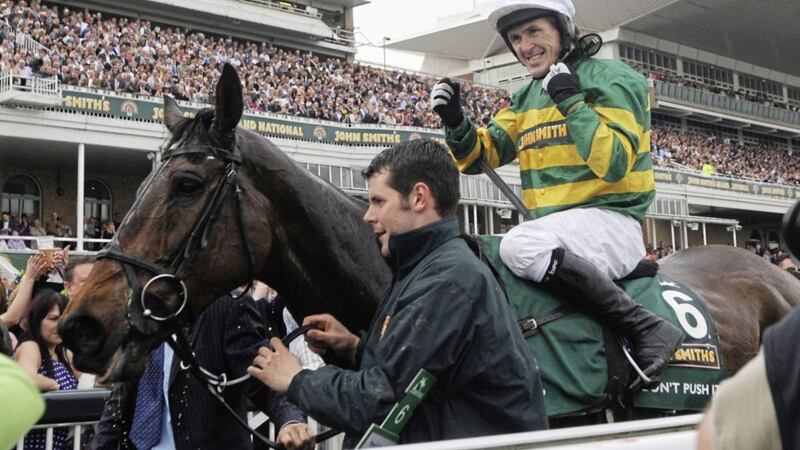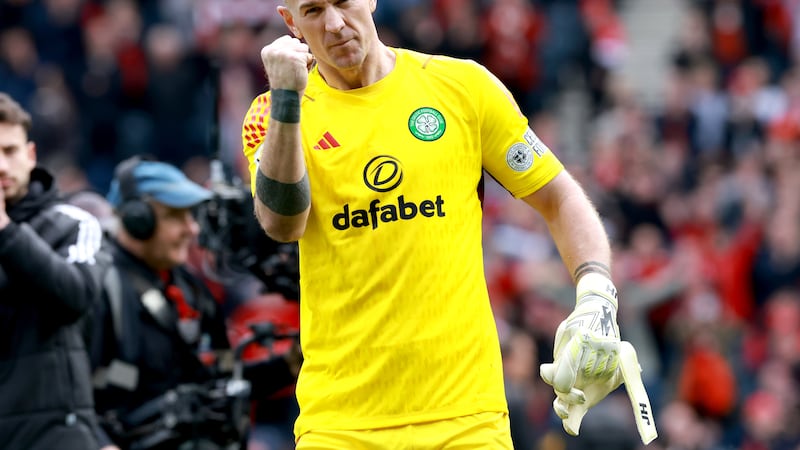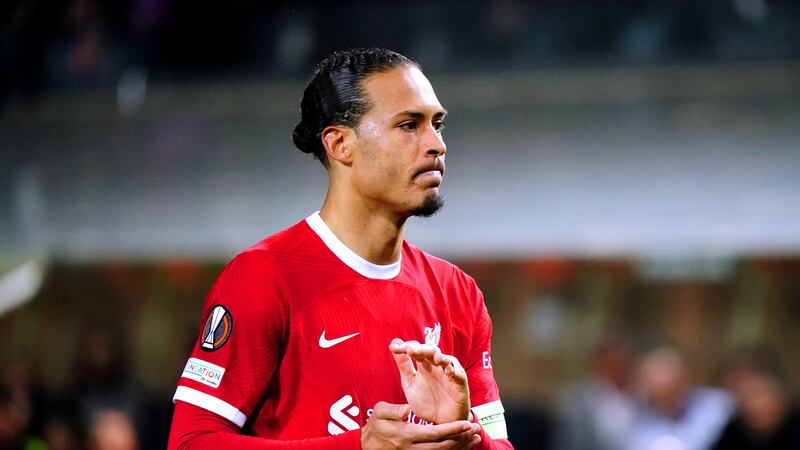Mental resilience – a vital ingredient for success but as hard to find these days as a hairdressing appointment.
The nature v nurture argument is as old as time but for me both are irrelevant if we do not have strong mental resilience and the ability to suffer setbacks and come out the other end a stronger person because of it.
Starting back to training after such a long break will undoubtedly see a rise in injuries as players get back into the swing of things – with these injuries will come frustrations but the difference in a good sportsperson and a great sportsperson is how that frustration is channelled.
It is easy to throw the head up and say, 'Forget about it, I’m not fit for this any more,' but a true ‘great’ will use the frustration as motivation, flip it on its head and say, ‘I’ll prove to myself and everyone else that I can come back from this and be even better than I was before.’
That takes grit and to be completely honest I find it something severely lacking in some modern-day sportspeople.
The ‘woe is me attitude’ won’t get us anywhere.
I think social media and its effects on us all has a lot to do with the attitudes of society today, but that’s another discussion for another day.
Taking AP McCoy as an example of someone I consider a true ‘sporting great’, if he had have quit his sport the first (or second, or third) time he suffered a setback we would never have heard his name.
Most of our perceived setbacks in life occur at the beginning of a process – youth players not getting picked for a team, failing exams at school, not getting a job interview, making a mistake at work, the list is endless, and I too have personally experienced all of these things.
But rather than succumbing to the glass half empty attitude and giving up at the first hurdle, AP quite literally ‘got back on the horse’ and tried again, and again, and again.
I am five years younger than my brother Sean so growing up I was always made to stand in goals while he and his friends took penalties against me.
More times than not, I would come in cut and bruised, crying to Mummy that I had been hurt yet the next evening we were all back out playing again, and the same process repeated for years.
Learning to stand up for myself (and Daddy’s old-school ‘get out and get on with it’ attitude) taught me from a very young age that we are the only ones who can control how we deal with things.
Yes, we have many external influences, our parents, siblings, friends, coaches and team-mates but ultimately it is up to us as individuals to decide if we will push to be better and overcome obstacles or will we step out and give up feeling sorry for ourselves?
Current training schedules for GAA training in general, but at county level especially, are a million miles away from what they were five years ago never mind 10 or 15 years ago.
(Teams turning up for football training and there are no footballs involved: “It’s runs tonight lads…”)
We all have our own strengths and weaknesses; some people need to work on ball skills and some on physical fitness before the two can be combined.
There are elements of training I don’t enjoy, and for many people sprints are the worst training imaginable and that’s when the excuses start.
Sore knees, ankles, hips, hamstrings appear from nowhere while the sprints are ongoing yet when it comes to match training suddenly the same people are miraculously healed and available to take part?
How can we get better if we don’t try?
My attitude is that if you are one second faster on a Thursday night than you were on a Tuesday night then that’s an improvement, you are heading the right direction and you push yourself to keep shaving off the milliseconds.
It’s the same with kicking the ball.
If I hit five wides this week, I’ll be annoyed at myself yes, but I won’t stop trying to score as a result.
Giving up leaves us standing still, and things might get worse before they get better but being mentally strong enough to say, ‘this is up to me and me alone’ and putting in the hard days only makes the good days so much better when they come.
I’m not saying it is easy, far from it.
I don’t know anyone whose mental health has not been impacted over the past year, we have lived through a global pandemic; many of us losing loved ones, jobs, friends.
It would be impossible not to have suffered something as a result.
Everyone deals with setbacks differently, and on different days our attitude can be different.
Not many of us will ever be considered a great in whatever we do, whether it be study, work or sport.
Everyone has their own hero, someone that epitomises the absolute best of their field and my heroes will likely be very different to yours – the Messi v Ronaldo argument for example.
As people we all have individual talents and strengths, some of them are natural, some are nurtured and practised until they seem natural.
But without the backbone of mental resilience, neither the most natural nor most nurtured ability will ever result in a ‘great’ in any walk of life.








